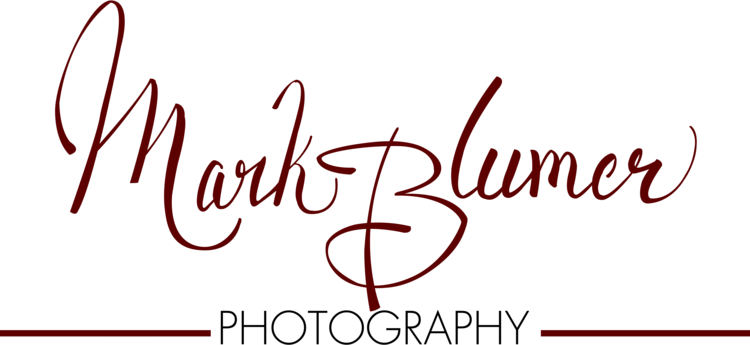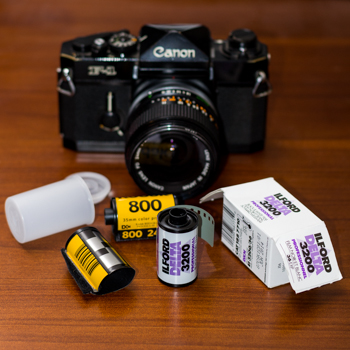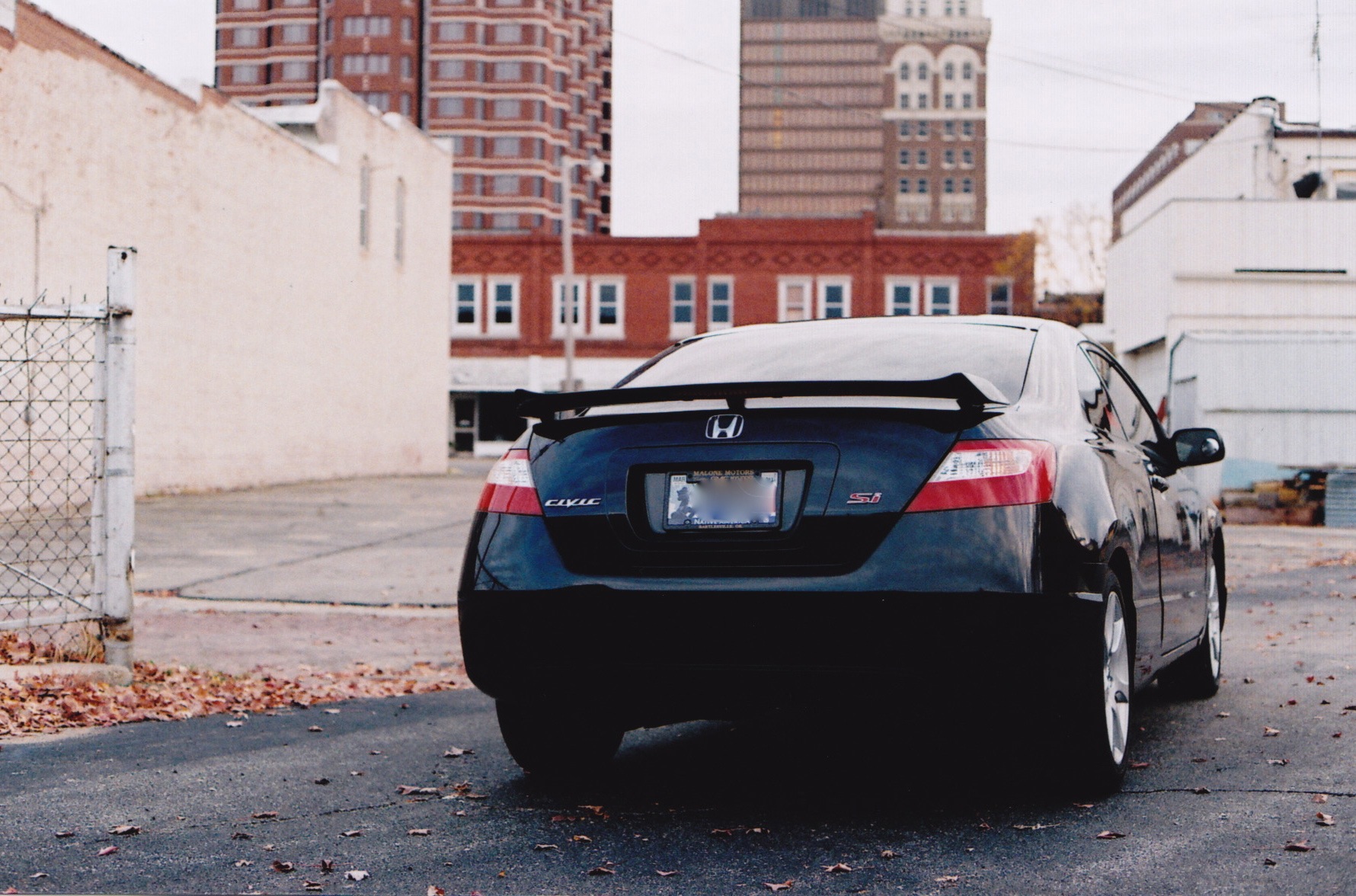Can you still make a living as a photographer? Everyone has a decent camera these days. The industry is dying. It’s too competitive. It’s not a real job.
Here’s a question: “Who do you know who is really good at what they do that is out of work?” That quotation is paraphrased from the mouth of (the often abrasive) Adam Carolla. While the former Man Show co-host may be an unlikely commenter on the state of the photography industry, that quote is perhaps the most poignant comment I have heard relating to the creative business world. The photographers I most admire are naturally the most talented. But there is a reason I know who they are: they are successful. They are successful because they produce great images, they work hard, and their work endures. When I hear photographers say that they cannot make enough money anymore I try to reserve my judgment. After all, what do I know? I’m not a professional photographer yet. I don’t know how hard it really is, but I do know one thing: when I look at the body of work of a photographer who can’t earn a living anymore, nine times out of ten I can tell why.
It's giving me the photographer blues...
The photographers I'm referring to clearly gave up on photography years or decades before. Some may have lost their drive long ago, others might have been just ‘good enough’ to make a paycheck with no real love for the art, and some probably never put in the work in the first place. I know many photographers whose work has just gotten stuck or who honestly should have probably never picked up a camera at all. For a while these people could still make a living with their sub-par work but not anymore. They choose to blame others rather than make up for their own shortcomings. If your work really is no better than Uncle Bob’s, then how do you expect to succeed? All of the marketing, gear, gimmicks, sales, and Facebook likes in the world won’t keep your creative business alive. In the end, it all comes down to the images you produce. While the rest of it may give you an edge, nothing can make up for uninspired work.
So who the hell made me Mr. High and Mighty on the subject? Well, no one. In fact, I have no real right to say this. But I am, and I will call it as I see it. Photographers need to stop blaming the industry and focus the lens on themselves (pardon the pun). Cut through the bs and the blame games. Evolve. Learn. Get passionate, or get out! Photography is not a career you pursue to get rich; you have to do it because you love it and the paycheck is secondary. Negativity and fear mongering are killing this industry--not the camera phone!
If you’re not moving forward then you’re falling behind. It’s a struggle, no doubt about it. There are undoubtedly millions of talented people who aren’t able to make what they used to, but there are also thousands of others and more and more coming everyday ready to innovate, learn, educate, devise, and produce amazing and inspiring work. These photographers can also be financially and creatively satisfied from said work. My dream is to be one of those people someday. I will follow their advice and not the words of the washed-up naysayers. You can say I have some rose tinted glasses on, and the world isn’t so black and white (gotta love a mixed metaphor), but I am young, I want to succeed, and I am so sick and tired of being told it’s no longer viable.
/end rant


